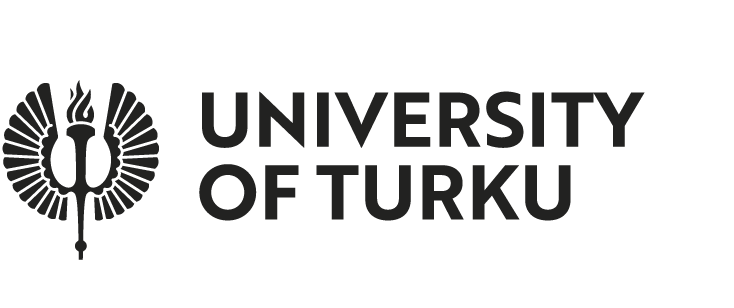Career Prospects
The employment percentage of those holding an MSc (Tech.) degree is high in Finland. Depending on your personal study plan, the Robotics and Autonomous Systems specialisation track can provide competence for a wide variety of jobs in the fields of embedded systems, communications technology, and ubiquitous computing solutions, including edge accounting. Employers come from a wide variety of industrial sectors including both large companies and new, innovation-driven, high-tech growth firms. The possible positions are:
- embedded systems/solutions engineer/developer,
- embedded systems R&D test engineer,
- wireless embedded software engineer,
- robotic systems software engineer,
- Internet-of-things solutions architect,
- hardware engineer,
- automotive systems engineer.
Career in Research
Master’s degree (Technology) also gives you eligibility for scientific postgraduate degree studies – doctoral and licentiate degrees. Degrees can be completed within the University of Turku Graduate School (UTUGS) and Doctoral Programmes.

